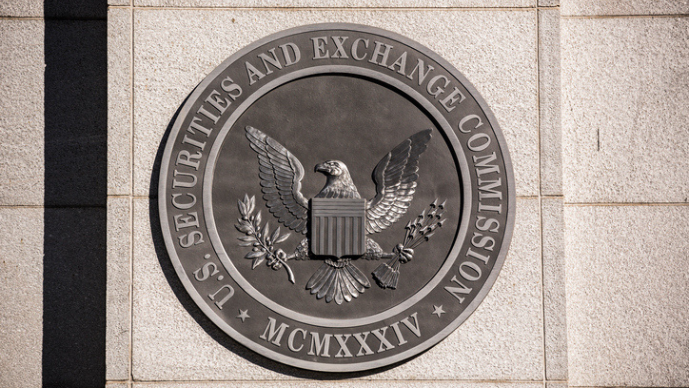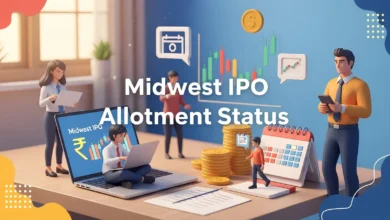SEC Staff Updates Guidance to Enable IPOs During Government Shutdown | Public Companies & the Law

Practical Implications
The SEC staff’s updated guidance allows issuers to launch an IPO (or other offering) in the typical manner using a bona fide price range and will not require that the offering price be fixed in the registration statement when it goes effective under Section 8(a). By its terms, the ability to omit pricing and price-dependent information from the prospectus pursuant to Rule 430A is available only where the registration statement is declared effective by the SEC. Because the SEC staff is not available to accelerate effectiveness during the shutdown, it has stated it will not recommend enforcement action if a company omits Rule 430A information from a registration statement that is filed during the shutdown without a delaying amendment and becomes effective automatically under Section 8(a), either during or after the shutdown. In addition, the ability to price outside the range consistent with Rule 430A’s 20% safe harbor can also be utilized.
As a result, issuers may amend an existing registration statement to remove the delaying amendment, or file a new registration statement without a delaying amendment, and the filing will become effective automatically in 20 days. To rely on Section 8(a), issuers must include the Rule 473(b) statement: This registration statement shall hereafter become effective in accordance with the provisions of section 8(a) of the Securities Act of 1933.
While historical staff guidance addresses when a price range is considered bona fide, the fact that the range will be publicly filed at least 20 days before effectiveness should be considered in assessing the reasonableness of the range.
Key Considerations for Issuers
Companies evaluating whether to proceed to effectiveness by operation of Section 8(a) during the shutdown should assess several threshold issues.
- Outstanding SEC comments Companies with unresolved SEC staff comments should not remove the delaying amendment before addressing material issues raised by SEC staff. Although technically permissible to proceed with comments outstanding, companies should carefully consider the materiality of those comments and the need for revisions prior to removing the delaying amendment.
- Anti-fraud and disclosure updates The anti-fraud provisions apply regardless of the path to effectiveness. Companies must ensure the registration statement contains no material misstatements or omissions, and update disclosures if the record, market, or business conditions have changed since the last staff review.
- Timing and procedural mechanics Once the delaying amendment is removed or a new filing without a delaying amendment is made, a 20-day clock to automatic effectiveness begins. Any further pre-effective amendment restarts the 20-day period. If the SEC resumes normal operations before the 20-day lapse, SEC staff may ask issuers to reinsert a delaying amendment so that outstanding comments can be resolved and, if appropriate, the registration statement can be declared effective under Rule 461.
- EDGAR operations and day counting EDGAR remains fully operational; issuers may submit registration statements and other filings during the shutdown. Shelf takedowns from an already effective shelf registration statement may proceed with a prospectus supplement, which does not require SEC effectiveness, and shutdown days continue to count as “business days.”
As the government shutdown continues, this new guidance provides additional flexibility to companies seeking to go public or, for companies that do not have an existing effective shelf registration statement, otherwise access the capital markets.






